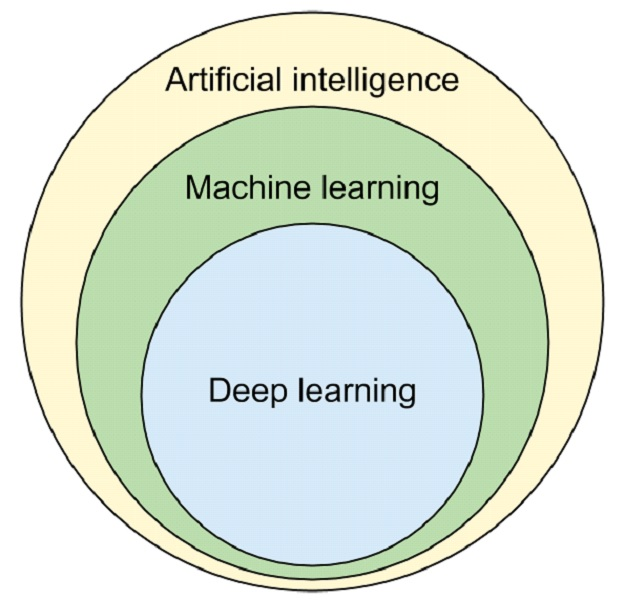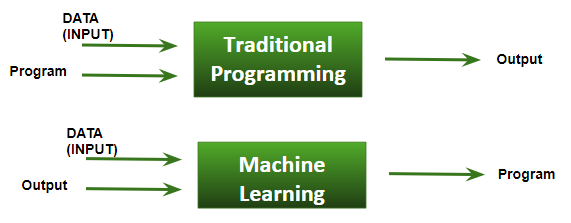Machine Learning
by Fitz Walker
Today, Teaching a Computer. The University of Houston presents this series about the machines that make our civilization run, and the people whose ingenuity created them.
Computer artificial intelligence - or A-I as it's known - has been the dream of scientists and engineers since the time modern computers were invented. A standard trope in science fiction, true AI has mostly eluded reality. That, however, has not stopped people from trying. In fact it's being explored more than ever with no signs of stopping.
Most of us use some sort of computer intelligence every day. When one does a web search, or gives a command to Alexa, some sort of AI is used. We haven't quite evolved into self-conscious, thinking computers, but we do have some really good simulations of human-like thought. Often eerily so.
A computer does exactly what it's told. Its instructions are specific and it takes a lot of effort to program a computer to perform even the most basic forms of artificial intelligence. But special instructions can be written to mimic human behavior in a more efficient way. A concept called - machine learning.

Machine Learning as a sub-field of Artificial Intelligence.
Photo Credit: Wikimedia Commons.
We humans learn by repetition and observation. We see an animal and we are told it's a cat. But when we first see a dog, we know it's not a cat because of distinct features that are different.
Just like humans, a computer can learn to find correct answers to problems by a form of trial and error. Or in its case, lots and lots of calculations. Its not magic, but brute force. Feed a computer enormous amounts of data and one can design an algorithm to find patterns in that data.
One popular form of machine learning is image recognition. Everyone knows what a cat looks like, but how to define what a cat is to a computer? This is where thousands or even millions of cat pictures are fed into a computer for processing.
Images of cats from the front, from the sides, from all angles. Calico cats, Maine Coon cats, fat cats, skinny cats, as many cat images as needed. After a while, the AI algorithms can cross reference any animal it sees and identify if it's a feline or not. The computer has in a sense been trained to learn what a cat looks like.
Of course this method of image recognition is only as good as the number and variety of images learned. But with today's internet connected world, computers can be fed huge amounts of information very quickly.
Machine learning is not just for silly cat people. AI algorithms have even been used to teach computers to play video games. Perhaps a bit silly on the surface but it does involve more complex puzzle solving. Where a computer learns how to play a game through trial and error.
By creating a learning foundation, computers can adopt to unexpected inputs based on past things it's already learned. In a sense making intelligent decisions.

Basic difference between traditional programming and Machine Learning.
One such use is in self-driving cars. Millions or even billions of autonomous cars can collect data and learn how to drive safer than humans. Perhaps self flying planes will be next.
Machine learning is not reserved only for University laboratories and hi-tech companies. Hobbyists and amateur programmers can also experiment on their home computers with freely available AI software.
The time may soon come where we can have a robot maid that knows our habits better than we do.
I'm Fitz Walker for the University of Houston, and I too am interested in the way inventive minds work.
Machine learning: https://en.wikipedia.org/wiki/Machine_learning
Machine Learning in Automotive: https://mindy-support.com/news-post/how-machine-learning-in-automotive-makes-self-driving-cars-a-reality/
DIY Machine learning at home: https://www.tensorflow.org/lite.
This episode was first aired on April 13, 2021